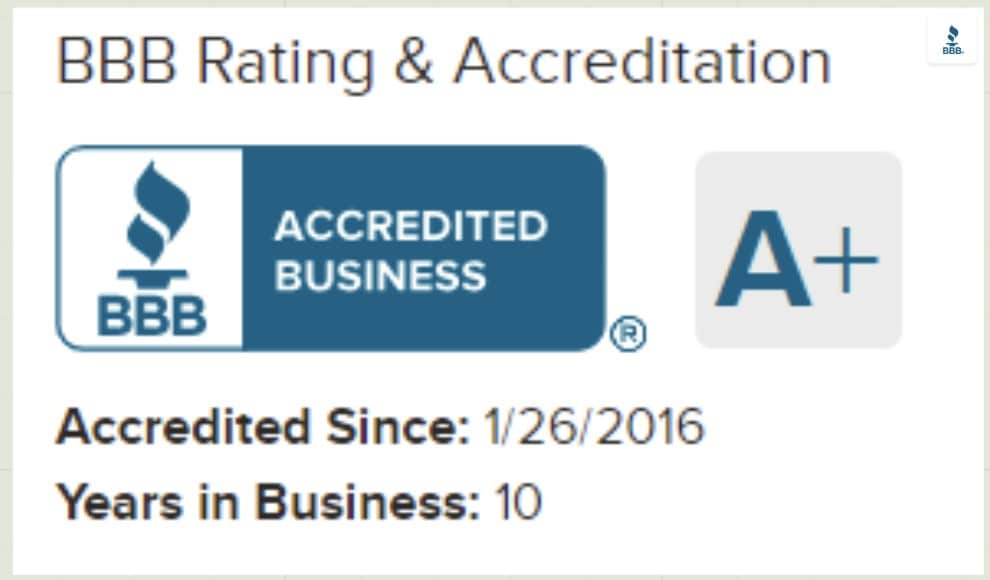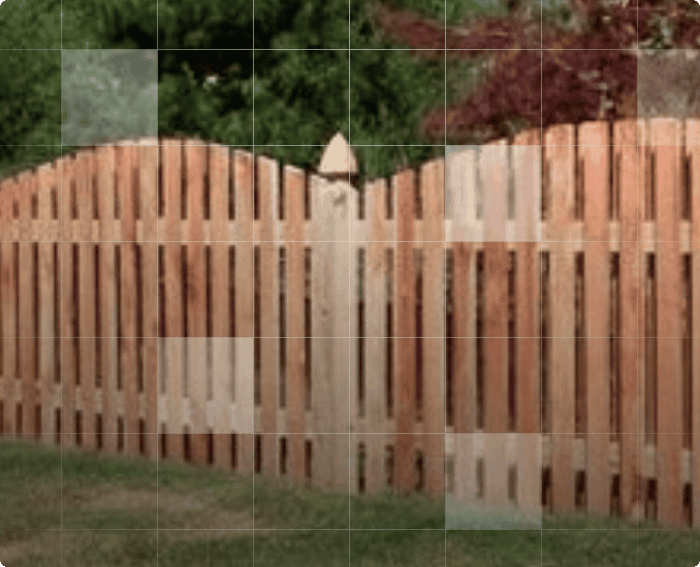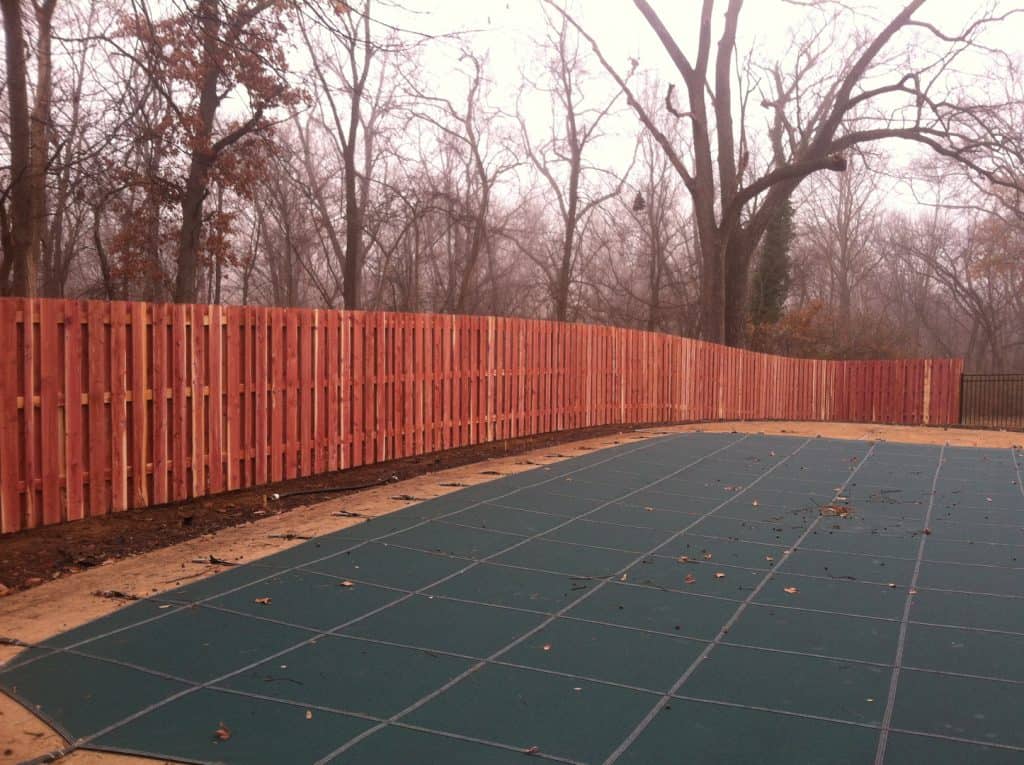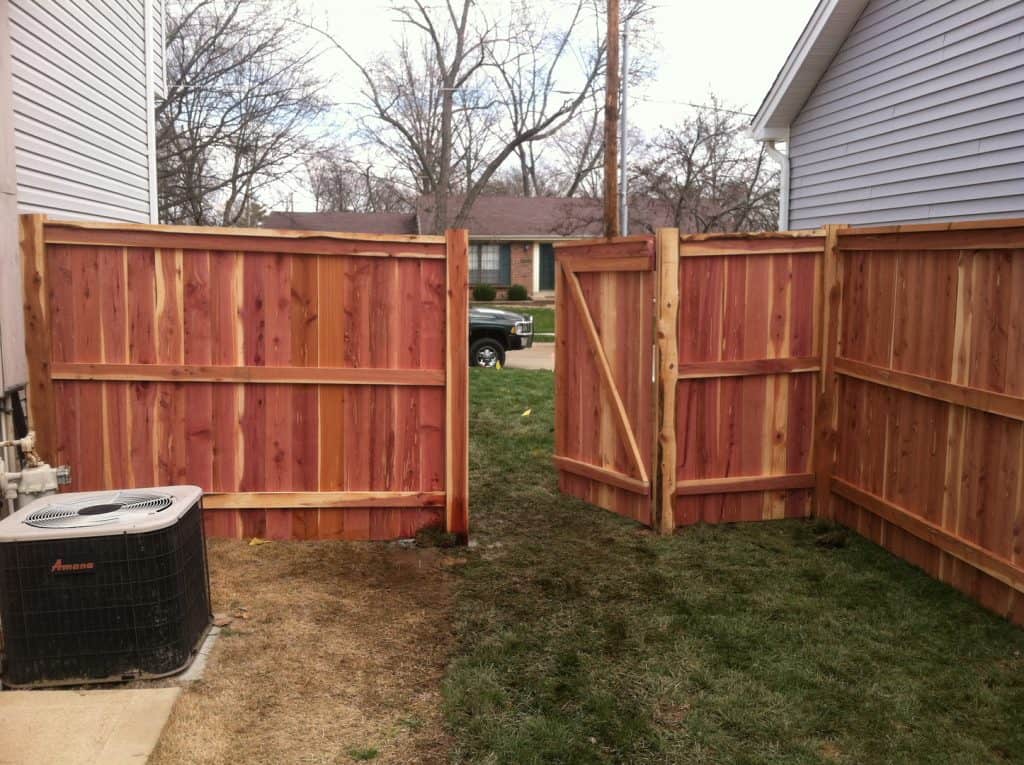From scalloped designs to six-foot privacy fences, wood offers unmatched flexibility at a price that makes sense


First Choice Fence did a fantastic job replacing our worn out fence with a beautiful new wood privacy fence. **** was easy to work with, responsive, and his team got the work done faster than I imagined. I priced out several companies before selecting First Choice and they were the best value by far. After contacting John the first time our fence was damaged in a storm. John worked with me to prepare an estimate to submit to insurance and made sure the work got done quickly so I could keep our yard safe for our dog.
How it works?
Step 1
Plan your Wooden fence
We walk you through the wood fence options, find your property plot if needed, and handle all the paperwork for permits and HOA requirements.
Step 2
Prep for success
Before installation, we ensure everything is ready utilities are marked, old fences are removed, and materials are delivered.
Step 3
Build and perfect
Our motto is ‘one and done’. We install it once, and you only call me back if something major happiness, like a tree falling on it. We clean everything up so it’s like we were never there, except now you have a beautiful fence.
Customized Wooden Fence Installtion St Louis
Wooden fences are highly customizable in terms of design, height, and style. Customers can choose features like scalloped tops, spaced pickets, vertical or horizontal slats, and varying heights depending on their preferences. Select a variety of heights for their wooden fences based on their needs, ranging from 3.5 feet to 6 feet tall or more. Wooden fences can be tailored to match the style of your home or yard.



Problems Our Wood Fence Installation Services in ST. Louis Solve
Cost-Effectiveness
Wooden fences deliver a practical solution for homeowners seeking functionality without overspending. Pressure-treated wood makes fencing affordable while offering durability
Customization and Aesthetic Appeal
Scalloped tops, pickets, and personalized heights—wood fencing allows homeowners to design a fence that perfectly suits their style and property.
Privacy
Privacy is easy to achieve with a wooden fence. Block unsightly views, reduce noise, and create a secluded space for your family.
Pet and Child Safety
Wooden fences ensure your yard is safe for pets and children. Designed to prevent escapes, they keep everyone secure and protected.
Navigate permits with ease
HOA COMPLIANCE
Accurate property line assurance
Permit expertise you can rely on
Wood Vs Steel
Durability
Steel outlasts wood by decades, resisting wear and damage. If security and durability are key, steel is the better investment.
Aesthetics and Customization
Wood offers endless design options, from scalloped tops to custom heights, giving it a personalized touch that steel lacks.
Cost-Effectiveness
Wood fencing is the affordable choice for homeowners on a budget. Steel, while durable, comes at a premium price
Wood vs Vinyl
Durability
Vinyl outlasts wood in harsh weather. While wood needs regular staining and sealing, vinyl remains maintenance-free for years.
Cost
Wooden fences are the economical choice, especially for large projects. Vinyl, while pricier, offers long-term savings due to lower maintenance costs.
Customizability
Wood wins on design flexibility. From scalloped tops to unique picket patterns, wood fences are tailored to fit any homeowner’s vision
Wood Vs Aluminum
Durability
Aluminum resists weather, pests, and damage, while wood requires constant care like staining and sealing to stand up to the elements.
Privacy
Wood wins for privacy. Its solid panels block views and keep your yard secluded, unlike aluminum’s open design
Aesthetics
Natural wood blends seamlessly into outdoor environments, providing a warm, rustic look that aluminum simply can’t replicate.
Wood vs Composite
Durability
Wood’s natural beauty comes with a tradeoff—it’s more susceptible to warping and cracking, especially under harsh sunlight. Composite may hold up better over time, but it’s far from perfect.
Customization & Cost
For homeowners seeking affordability, wood is the clear winner. Composite’s high price often makes it impractical for many. Wood remains the economical choice for most homeowners. Composite fencing, while durable, often exceeds budgets and fails to offer equal value
Maintance
Wood requires consistent care, like staining and sealing, to stay in shape. Composite is marketed as low-maintenance, but its durability doesn’t justify the cost.
Why should I choose a wooden fence?
Wooden fences are cost-effective, customizable, and visually appealing. They offer a natural aesthetic that many homeowners prefer and can be manipulated into various designs such as scalloped, vertical, horizontal, or spaced pickets.
What types of wood are available for fences?
The most common types of wood John offers are pressure-treated wood, Western cedar, and Eastern cedar. Each type has different characteristics:
- Pressure-treated wood: Economical but prone to warping, cracking, and splitting under intense sun exposure.
- Cedar (Western and Eastern): Preferred for its natural durability, resistance to warping, and aesthetic appeal.
What customization options are available for wooden fences?
Wooden fences can be highly customized in terms of design and height. Examples include scalloped edges, horizontal or vertical slats, and privacy-focused styles. Heights can range from 3.5 feet to 6 feet or taller, depending on your needs. Gates can also be tailored to match or complement the fence.
What are the maintenance requirements for wooden fences?
Wooden fences require regular maintenance, such as staining and sealing to protect against weather, UV damage, and pests. Without maintenance, wood can warp, crack, or split over time
How does wood fencing compare to other types of fences?
- Cost: Wood is more affordable than composite and steel fencing.
- Customization: Wood offers more design flexibility compared to vinyl or aluminum.
- Durability: Wood requires more maintenance and is less durable than composite, vinyl, or steel fences.
Is wood fencing suitable for areas with extreme sun exposure?
Wood fencing, especially pressure-treated wood, is not ideal for areas with intense sunlight and no shade, as it can warp, crack, or split over time. In such cases, John recommends materials like aluminum.
What problems do wooden fences solve?
Wooden fences provide privacy, boundary definition, and security for pets and children. They can block out unpleasant views, such as a neighbor’s messy yard or rental properties, and reduce interactions with aggressive neighbor dogs.
What are the disadvantages of wooden fences?
The primary disadvantages of wooden fences include:
- High Maintenance: Regular staining and sealing are necessary.
- Vulnerability to Sun and Weather: Prolonged exposure can cause warping and cracking.
- Shorter Lifespan: Compared to composite or steel, wood is less durable over time.
What’s the process for installing a wooden fence?
Begins with a consultation to understand the your needs, including fence style and property details. We obtain the property plot, handle permits, and mark utilities before installation. During installation, we remove any old fences and cleans up the area, including removing excess dirt from post holes.
Do wooden fences always come with wooden gates?
Not necessarily. While wooden gates are a common choice, John mentions that some customers choose steel gates to pair with their wooden fences for added durability.
Are wooden fences environmentally friendly?
Wood is a natural material, making it more environmentally friendly than synthetic options like vinyl or composite. However, this depends on sourcing and treatment methods. Cedar, for instance, is naturally resistant to pests and weather, requiring fewer chemical treatments.
Why do customers often prefer cedar over pressure-treated wood?
Cedar is naturally durable, does not warp as easily, and has fewer chemicals, making it a better option for customers who value aesthetics and long-term performance.
